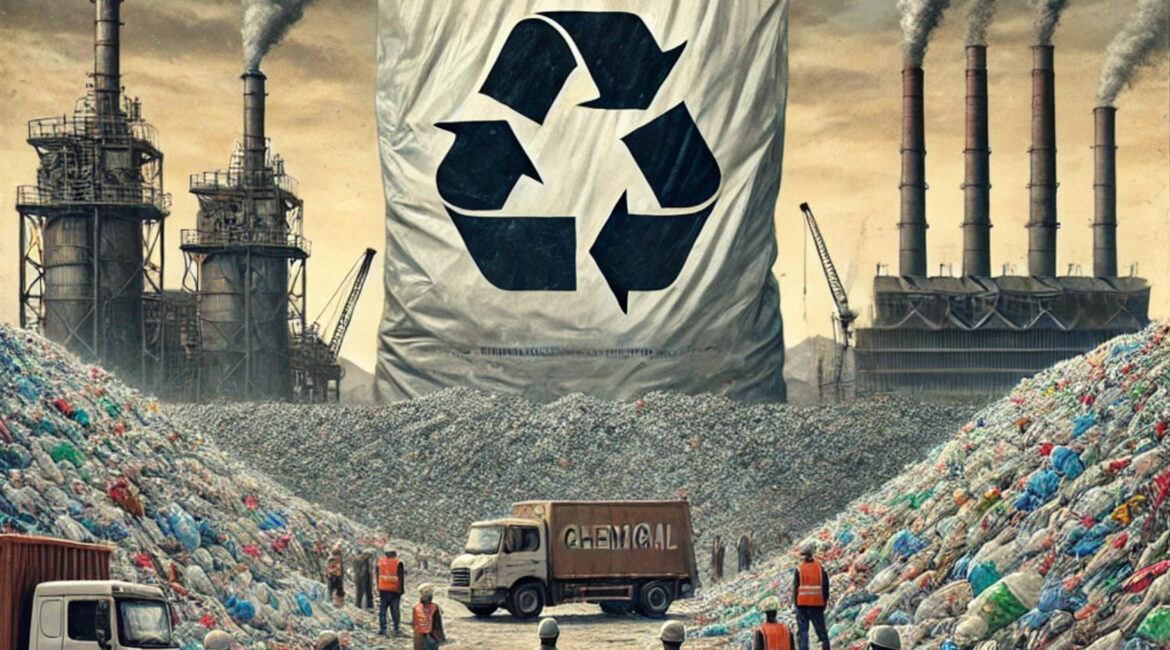Plastic pollution is a pervasive environmental issue, with the majority of plastic waste ending up in landfills or incinerated rather than being recycled. Despite this grim reality, companies heavily involved in plastic production, including major players like ExxonMobil, are advocating for the right to label plastic bags and other plastic products as “recyclable.” However, this push has raised significant concerns, particularly as the Federal Trade Commission (FTC) revises its Green Guides, which dictate the criteria for what can be labeled “recyclable.” This revision, the first since 2012, is expected to have far-reaching implications.
The argument presented by the plastics industry hinges on the notion that if a material can be recycled, even under highly limited circumstances, it should be allowed to bear the “recyclable” label. This stance has been met with criticism, as it seems to prioritize corporate interests over environmental integrity. Proponents argue that labeling plastics as recyclable could help restore consumer confidence in using these products. However, critics, including environmental organizations, argue that such labels could be misleading, given that the majority of these materials are not recycled in practice.
A significant portion of the industry’s case rests on the potential of chemical recycling—a process that involves breaking down plastics using heat and chemicals. However, this method has drawn criticism for its environmental impact. According to reports, plastic-to-fuel processing, a form of chemical recycling, emits approximately three tons of CO2 for every ton of plastic processed. Furthermore, these facilities are often located in low-income communities, raising concerns about environmental justice.
The FTC’s decision on the Green Guides will have profound consequences, particularly as states like California continue to enact strict regulations on single-use plastics. Should the new guidelines permit plastic bags to be labeled as “recyclable,” it may hinder efforts to reduce plastic waste and shift toward more sustainable materials. As the debate unfolds, the FTC’s ruling will likely influence the future of plastic use and recycling in the United States.

